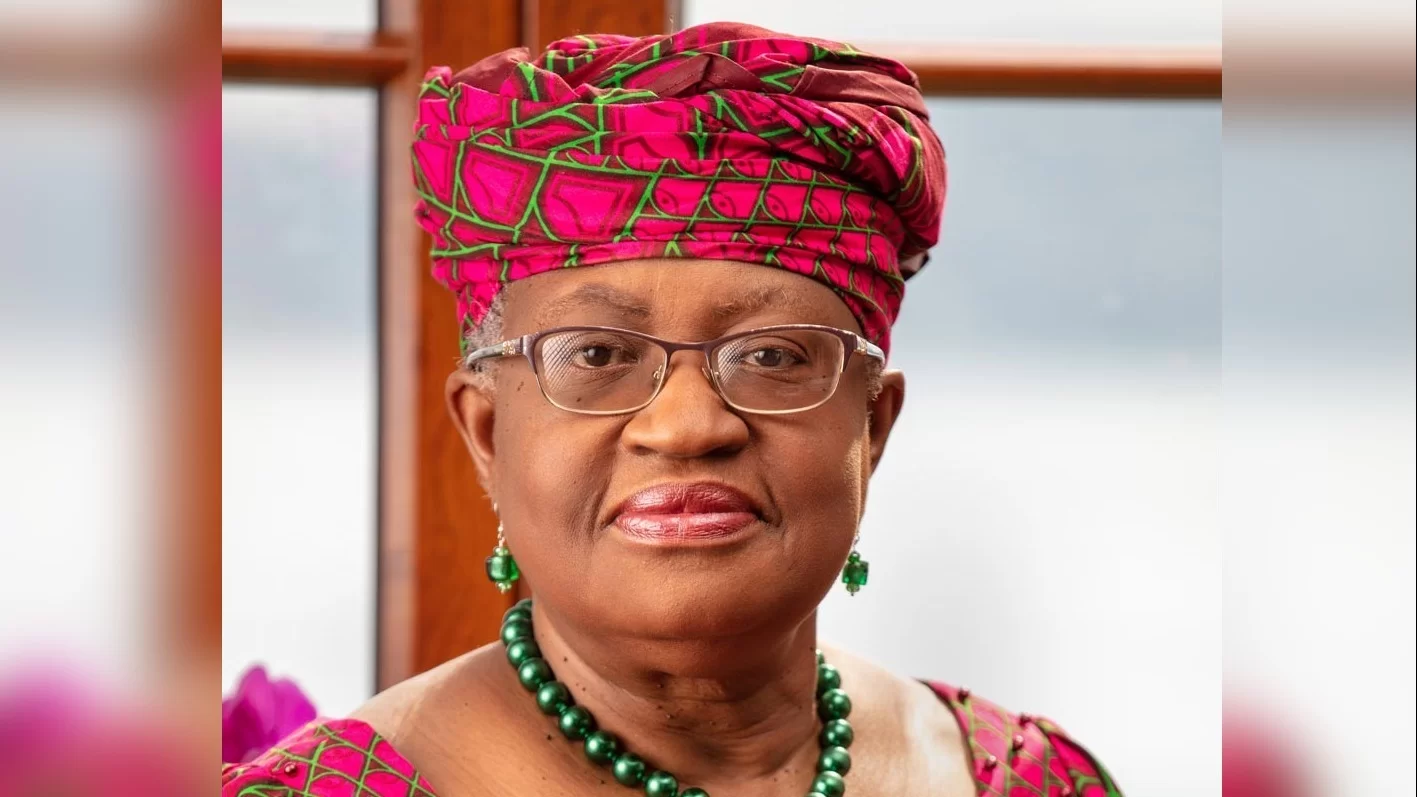New facilitator of dispute settlement reform process
The Chair of the DSB, Ambassador Petter Ølberg of Norway, noted that on 18 April he communicated to members that Ambassador Usha Dwarka-Canabady of Mauritius had accepted the role of facilitator for the dispute settlement reform talks following the departure of Mr Marco Molina, the convenor of the informal dispute settlement reform process.
The Chair said the new facilitator will report at each regular meeting of the General Council, and to the DSB, as appropriate. She will present a work plan and a timetable for the process at the next General Council meeting in May, he said. The Chair also said that he understood the new facilitator will be consulting on these matters with members in the coming days.
The Chair said he considered that the dispute settlement reform process has now been formalized, meaning that the rules of procedure for meetings of WTO bodies will apply to this process, including interpretation and virtual participation, which will also be available for capital-based officials. In addition, the Chair said he believes that work will proceed in various configurations, as appropriate.
Thirty-six delegations took the floor to welcome Ambassador Dwarka-Canabady's appointment and to thank her for taking up the task. Some delegations said they also welcomed that the discussions would now take place on a formal basis, which would ensure greater transparency and inclusiveness. Others said that the discussions should be based on the interest-based approach and build upon the consolidated text which emerged from the informal process led by Mr. Molina. Various delegations said it was important to get to work quickly given the goal of securing a fully functioning dispute settlement system accessible to all by 2024, a mandate set by ministers at the WTO's 12th Ministerial Conference and reaffirmed at the 13th Ministerial Conference (MC13).
In other news from the meeting, Malaysia expressed satisfaction with the panel's findings in DS600, stating, "the findings of the panel upheld Malaysia's position on important elements of the dispute." The European Union also commented on the panel's findings in DS600, noting that "the ruling confirmed the legal framework of the directive is WTO compatible provided certain changes are made."
China and Australia discussed the panel's findings in DS603, with China stating that the findings were of systematic importance and encouraging Australia to implement the panel's findings. Australia, in response, expressed willingness to negotiate a reasonable period of time for bringing its measures into conformity with the ruling.
The United States, Hong Kong, China, and China engaged in discussions regarding the panel ruling in DS597, with the United States raising the matter for the 10th time and emphasizing its position on essential security. Hong Kong, China reiterated its readiness to have the case heard by the Appellate Body, while China expressed concern about the repeated placement of the item on the DSB agenda.
Chinese Taipei and India requested additional time for the DSB to consider the panel rulings in DS588, with the DSB agreeing to the request.
Colombia, on behalf of 130 members, introduced a proposal regarding the Appellate Body appointments, which was met with the United States repeating its lack of support for the proposed decision to commence the appointment of Appellate Body members.
At the end of the meeting, the DSB elected Ambassador Saqer Abdullah Almoqbel of the Kingdom of Saudi Arabia as Chair of the DSB for the coming work year.
The next regular DSB meeting will take place on 24 May 2024.

